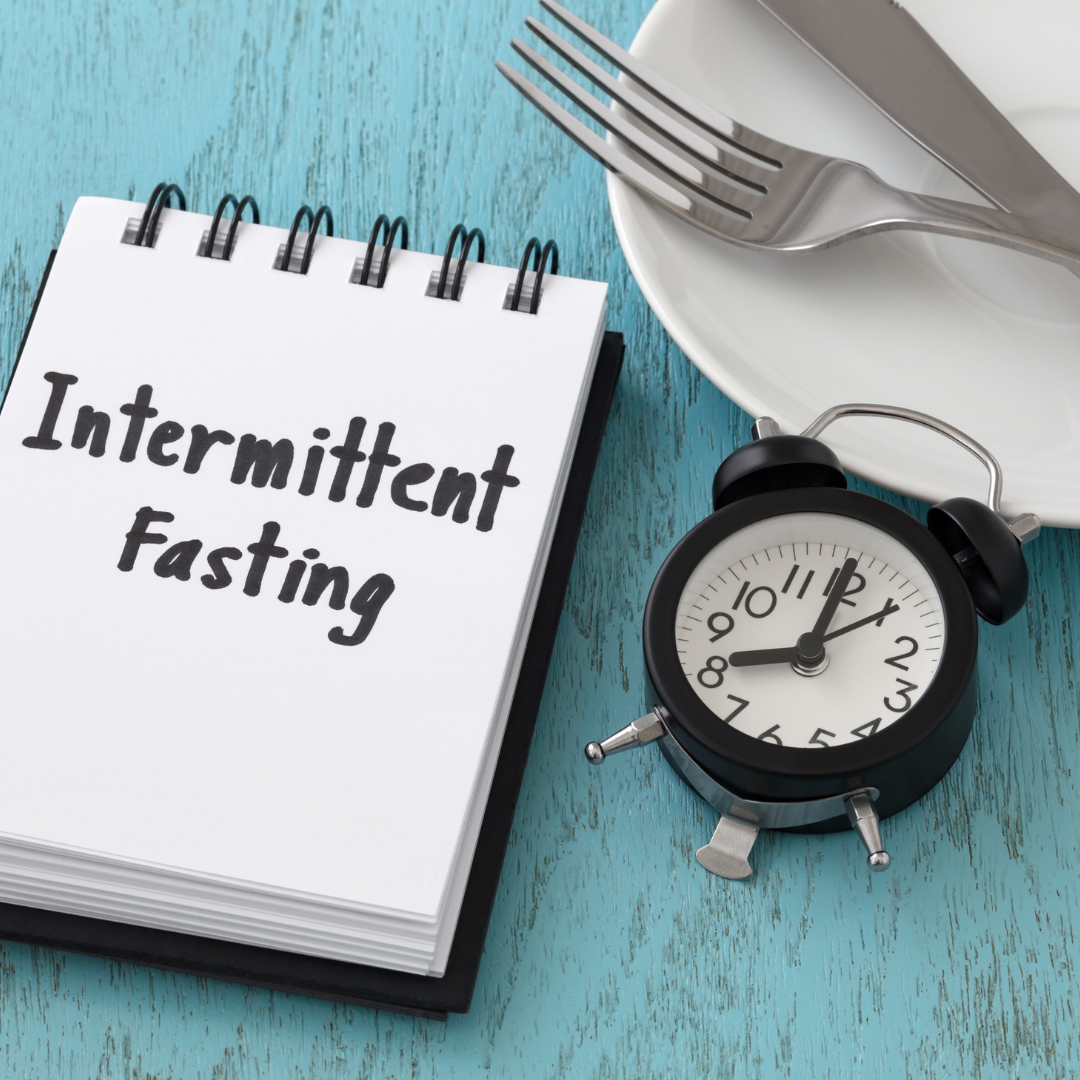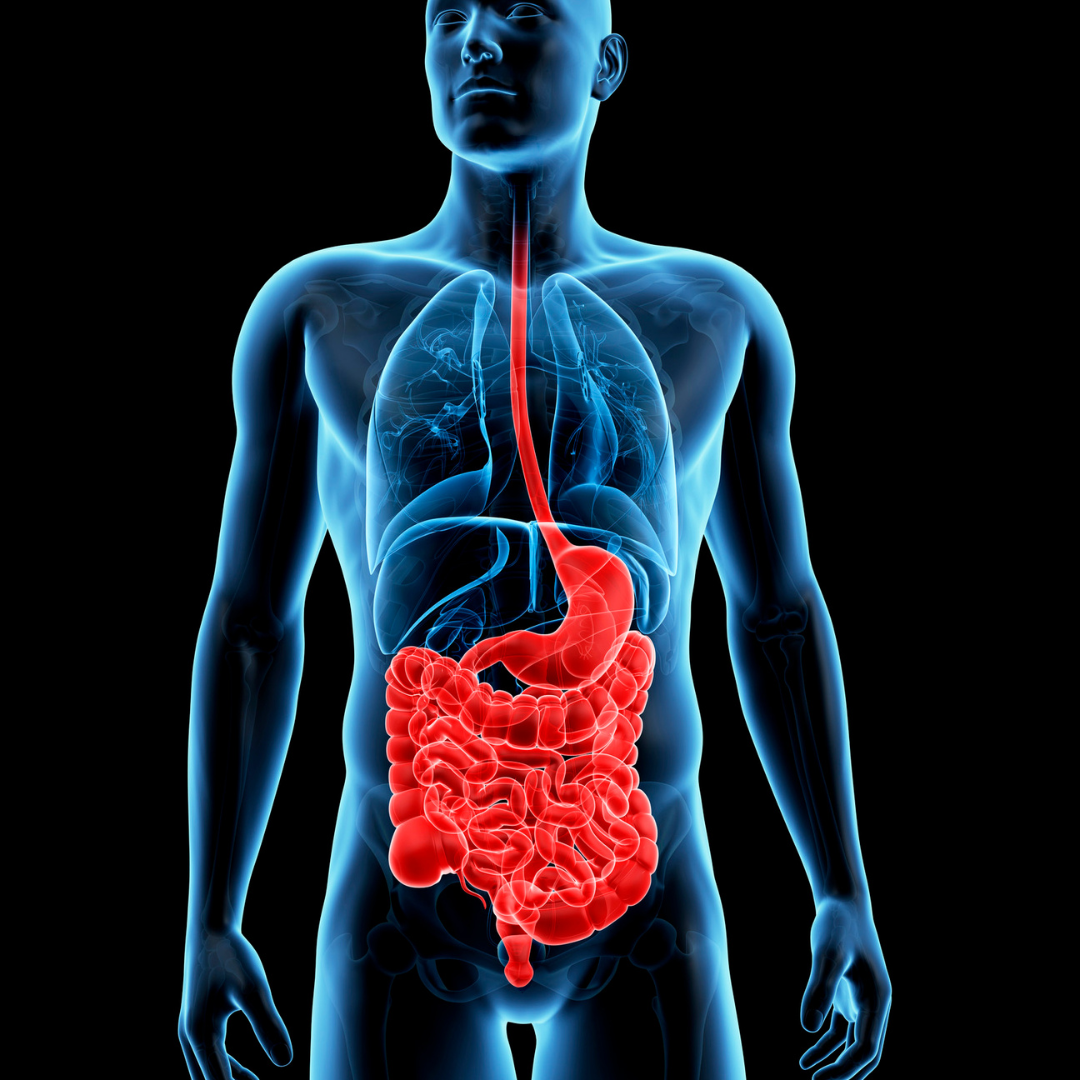PLANT-BASED FOODS TO BOOST YOUR MOOD, ENERGY & BRAIN-POWER
If your goal is to add more plant-based foods to your diet, you’re not alone. A recent survey showed that a third of Brits want to switch to a plant-based diet this year and this trend is set to continue. In addition to being beneficial for the environment, studies have shown diets with an emphasis on plant foods to be linked with reduced risk of heart disease, strokes, type 2 diabetes and might even help prevent some cancers.
It's true plant-based foods, such as fruits, vegetables, legumes, nuts and whole grains, are packed with nutrition. And research has also shown that eating lots of them is linked with lower cancer rates. Plants produce many phytochemicals (literally, plant chemicals) that may protect cells from damage.
And a wholefoods, plant-based diet has also been shown to reduce risk of diabetes, high blood pressure, autoimmune diseases and obesity, while increasing vitality and longevity.
So, if you want to reduce the amount of meat and dairy you consume, here are six plant-based foods to boost your mood, energy, and brain power.
Mood Booster: Dark Chocolate

Yes, you read that right, the superfood, dark chocolate contains flavanols, antioxidant plant-based compounds thought to lower the risk of heart disease, improve blood flow, lower blood pressure and possibly even prevent cancer.
And, now a 2022 study indicates eating high-cocoa-content chocolate might make you happier, as it promotes the release of feel-good chemicals like serotonin and endorphins that create pleasurable feelings, and positively enhances mood. In the research, healthy adults who consumed 10g of 85% dark chocolate three times a day saw improvements in mood. The theory being that cocoa’s prebiotic effects promote the growth of ‘good’ gut bacteria, and around 95% of the mood-boosting chemical serotonin is made in the gut.
To reap the benefits, choose a dairy free dark chocolate with a high-cocoa content, ideally 80%-plus. It might taste bitter at first but your taste buds will adapt. Stick to one or two squares daily to avoid high fat intake (and the calories, especially if you’re trying to lose fat without losing muscle).
Mood Booster: Kale

A 2018 study examined antidepressant food scores (AFS), based on how foods might help with mood. Dark-green leafy vegetables came out with a higher AFS. These vegetables are rich in nutrients, including folate(Vitamin B9). Folate is a nutrient in the vitamin B complex that the body needs to make red blood cells. A deficiency can lead to anaemia. This is where you have fewer red blood cells than normal. Like all B-vitamins, folate is water-soluble (washed out and not easily stored) and must be consumed every day. As well as anaemia symptoms of deficiency include depression and muscle weakness.
Good sources of folate include kale, spinach, asparagus and broccoli. Kale is high in antioxidants and phytochemicals that reduce inflammation in the brain, a possible contributor to feelings of anxiety and depression.
Other foods with high antidepressant food scores (AFS) scores included cruciferous vegetables like cabbage, cauliflower, broccoli, and watercress.
Whatever dark-green leafy veg you choose, cook it in a way that retains maximum nutrients – avoid boiling, which leaches vital vitamins into the water. As well as salads, try kale and spinach in stews and curries, so you keep all the goodness in the sauce, or steam them.
Energy Booster: Oats

Low-GI oats are complex carbohydrates and an excellent form of slow-release energy. Oats keep your blood glucose steady throughout the morning, rather than giving that sugar hit and subsequent crash. This doesn’t just affect your energy, it affects your mood and brainpower.
Oats also contain fibre, good for your digestion and heart. The type of soluble fibre found in oats, beta-glucan, is shown in studies to lower cholesterol. They are also higher in protein than other grains, helping you to stay fuller for longer.
Choose chunkier whole oats over finer milled varieties for the healthiest wholefood hit. Make your porridge with water or your preferred choice of plant-based milk, such as oat, coconut or almond. Experiment with toppings to add flavour and extra health benefits. Try adding a spoonful of palm-oil free peanut butter, chia seeds, chopped nuts, raisins or berries, cinnamon, and HIMMENSE SHIFT marine collagen protein packed with vitamins for multiple science-backed benefits.
Energy Booster: Lentils

Lentils, beans and pulses combine energy [carbs] with protein, so you get 2 for 1. Lentils, like Oats, are also a complex carbohydrate packed with fibre that help release energy over a longer period of time. Lentils are also rich in protein, low in calories, basically fat free, quick and easy to cook, ludicrously cheap, substantial, versatile and delicious.
Try making a lentil-based dahl, shepherd’s pie, bolognese, or add to a pasta sauce. You can also put lentils in soups to bulk them out or add them to salads with for example kale or spinach.
If you want to learn more about how to cook lentils here’s Akis Petretzikis with some handy tips:
Quinoa, a grain containing carbohydrates for energy and all nine essential amino acids, is also a great option and is considered a complete protein (unlike many plant proteins).
Brainpower: Walnuts

To say that walnuts are a nutritious food with multiple benefits is a bit of an understatement. In fact, there’s so much interest in this one nut that scientists and industry experts gather annually at the University of California, for a walnut conference discussing the latest walnut health research.
As well as being rich in antioxidants and a source of protein, walnuts contain omega-3 fatty acids (often tricky to get via a vegan diet) and other important nutrients such as vitamin E, folate, the protective plant chemical phytochemical and ellagic acid, of which all contribute to its numerous health benefits.
It may be just a coincidence that the shell of a walnut looks like a tiny brain, but a 2020 study confirmed consuming walnuts are beneficial for brain function, and can protect against brain disorders and support cognitive function (memory, learning, judgment, orientation, language, and comprehension).
You can eat walnuts* as a snack or chop up and sprinkle on leafy green salads for a bit of bite, or even add them to your porridge or stir fry.
Oh and by the way, initial studies show that eating walnuts may help support sperm health and male fertility.
*People with an allergy to tree nuts should avoid walnuts.
What do you call a walnut that has mysteriously disappeared?
AWOL nut.
Brainpower: Squash
 Squash is a serious nutritional power-packed veggie. Its high in vitamins A, B6, and C, folate, magnesium, fiber, riboflavin, phosphorus, and potassium. Magnesium and potassium are important for the nervous system, including the brain. Squash is also high on the antidepressant food scale.
Squash is a serious nutritional power-packed veggie. Its high in vitamins A, B6, and C, folate, magnesium, fiber, riboflavin, phosphorus, and potassium. Magnesium and potassium are important for the nervous system, including the brain. Squash is also high on the antidepressant food scale.
Squash is packed with plant compounds called flavonoids, including orange pigment beta-carotene. The results of a large, long-term 2021 study, published in Neurology, found a higher intake of foods containing flavonoids, including squash, were associated with better scores on tests looking at cognitive decline (other high-scorers were strawberries, spinach and Brussels sprouts).
Slice the top off, scoop out the seeds and fill with whatever you like – grains, nuts, lentils – then roast in the oven. Try them in a curry or a soup.
OTHER NUTRITIOUS PLANT-BASED FOODS:
Chickpeas are rich in several nutrients that may support brain health, including choline, magnesium, selenium, and zinc. What’s more, research shows that several of these nutrients may help protect against depression and anxiety. Try chickpeas in a curry or hummus.
Flax and chia seeds contain larger amounts of protein than most other seeds and are rich in omega-3s which help maintain healthy brain cells. Add them to your porridge or smoothies.
Plant milks and yogurts fortified with calcium, vitamin D, and vitamin B12 to support bone health (especially as its more challenging to get these nutrients from a vegan diet).
Soy – like tofu and edamame - are low in calories and high in protein. They also contain many important vitamins and minerals, including calcium and manganese. Studies may seem to present conflicting conclusions about soy (including the effect on testosterone levels in men), but this is largely due to the wide variation in how soy is studied. Results of recent population studies suggest that soy has either a beneficial or neutral effect on health.
THE BOTTOM LINE
If you are planning to reduce the amount of meat and dairy you consume, you may find it difficult to ensure you intake sufficient amounts of certain vital nutrients. Adding a supplement to your daily routine can help you avoid deficiencies and improve your overall health….so which supplement should you take? well, we're going to plug our own obviously! HIMMENSE SHIFT daily collagen drinks packed with vitamins have been especially formulated for men. Each 20ml ready to drink sachet contains 6000mg of hydrolyzed marine collagen protein plus vitamin C, which contributes to normal collagen formation, as well as vitamins B5 (Pantothenic Acid), B6, B12, D3, Selenium and Ashwagandha for multiple health benefits.
Collagen is an excellent protein source, packing in more protein per calorie than other sources while containing less sodium and sugar. Read more about the benefits of collage here.
At HIMMENSE, we know men want to look and feel their best which is why we’ve made sure our SHIFT collagen drink for men has no added sugar, artificial sweeteners, flavours or colours, lactose, gluten, dairy, soya, wheat, starch, yeast, animal fat, alcohol, emulsifying agents or soy lecithin.
So, join the plus side and shop HIMMENSE SHIFT here.
Published 21 February 2022
Read more Men's Health & Lifestyle blogs from HIMMENSE here.




